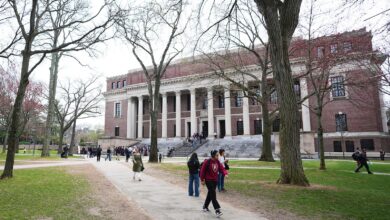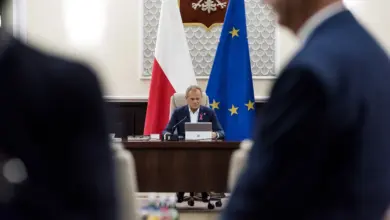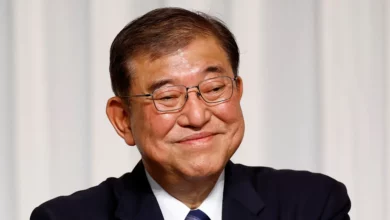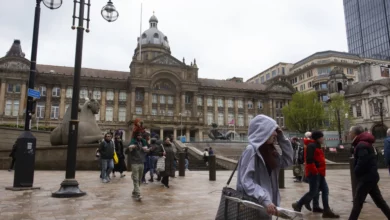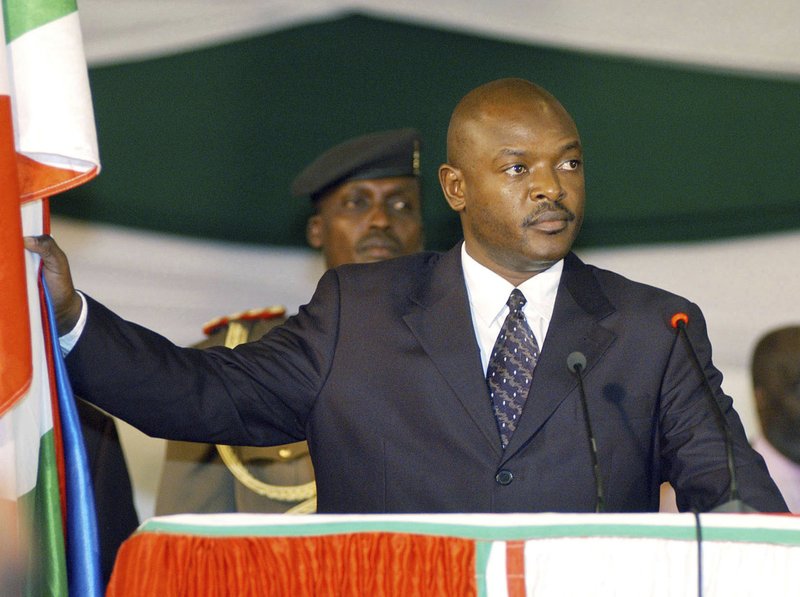
Declared this month by supporters as Burundi’s “eternal supreme guide,” President Pierre Nkurunziza now wants changes to the constitution that would let him rule until 2034. The referendum in May could spark further deadly violence in the African nation that the UN human rights chief has called one of “the most prolific slaughterhouses of humans in recent times.”
Nkurunziza is just the latest African leader to seek the dismantling of term limits to stay in power. Critics call his latest move a bid to be president for life.
In 2015 his decision to seek a disputed third term plunged the country into bloody protests that left an estimated 1,200 people dead, and International Criminal Court judges last year authorized an investigation into allegations of state-sponsored crimes including murder, rape and torture. More than 400,000 people have fled the country.
Even before Nkurunziza over the weekend signed a decree setting May 17 for the referendum, opposition and human rights groups accused ruling party members of arresting activists campaigning against the proposed changes to the constitution. Those include extending the president’s term from five years to seven, which means Nkurunziza could rule for another 14 years when his current term expires in 2020.
In Muyinga province, two local chiefs appear in videos circulated on social media urging people to “crush and arrest opponents campaigning for ‘no.’”
And this week, police rejected concerns over the death on Sunday of Simon Bizimana, who had been detained after appearing in a video on social media talking about his refusal to register for the referendum. Bizimana died of malaria at home and “he was never tortured,” police said in a statement on Twitter.
Most of the people targeted belong to the FNL opposition party, whose leader Agathon Rwasa is Burundi’s most prominent opposition figure and the first vice president of the national assembly.
Rwasa told The Associated Press that his supporters would stand their ground despite the intimidation.
“You cannot force somebody to change his mind if he is not ready to change it,” he said.
Rwasa said he was concerned Nkurunziza’s party would instigate the publication of what he called fake referendum results. “I am sure this referendum will provoke a great divide in Burundians since many won’t vote yes,” he said.
The referendum has galvanized the opposition and activists who again are demanding Nkurunziza’s exit.
Burundian rights group Ligue Iteka has condemned the referendum, saying it “stirs up tensions” and noting Nkurunziza’s alleged threat in December that those who “oppose the constitution draft revision will suffer serious consequences.”
Vital Nshimirimana, the leader of a campaign by 23 civic groups against the proposed amendments, said the campaign’s goal is to stop the destruction of the Arusha accords, which ended a 13-year civil war in which about 300,000 people were killed. The accords also created a system of checks and balances in government and has been cited for calming the ethnic violence that has plagued the country since independence.
Nkurunziza rose to power in 2005 following the signing of the accords, then was re-elected unopposed in 2010 after the opposition boycotted the vote. He argued that he was eligible for a third term in 2015 because lawmakers, not the general population, had chosen him for his first term, while critics called the move unconstitutional.
The May referendum “is a very dangerous project for the future of the country as much as the country is still in an unsolved conflict related to the third term of Pierre Nkurunziza,” Nshimirimana said.
More than 60 people have been arrested for allegedly campaigning against the referendum, he said, citing the arrests as a sign that the vote will not be free and fair.
Burundian authorities have repeatedly denied allegations of serious rights abuses, saying they are the victim of propaganda by exiles opposed to the government. The authorities say the East African nation is safe for everyone.
The country’s first vice president, Gaston Sindimwo, has dismissed the strong criticism last month by the UN human rights chief as a fabrication.
Many observers disagree.
Michel Kafando, the UN special envoy to Burundi, told the UN Security Council last month that the political situation continues to be tense.
“Only the majority party and some other allied groups are able to conduct unobstructed political activities,” he said. “Such a situation cannot be suitable for the organization of credible elections.”

